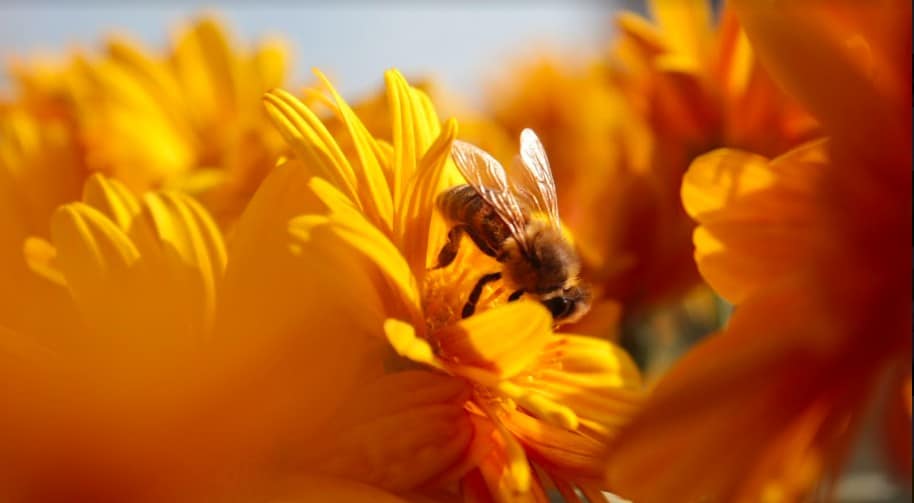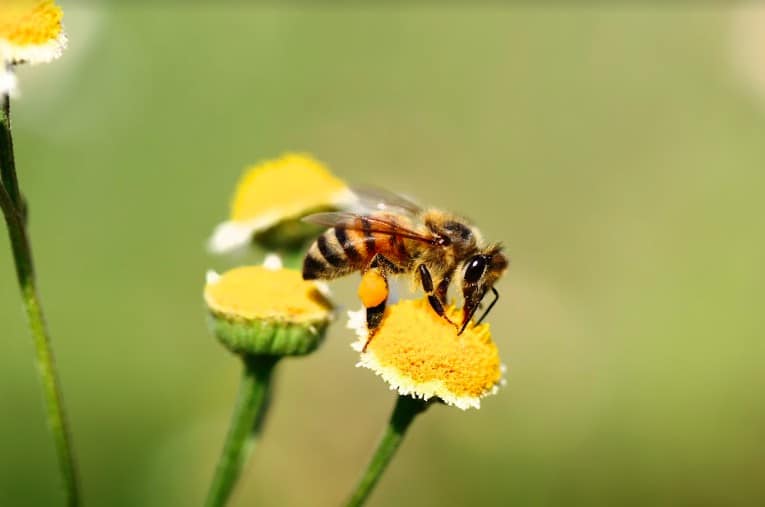We have all heard (or experienced) that July 2022 was one of the driest months ever recorded. Countries such as Italy and France have even had to ration water, since such a drought index has not occurred in about 70 years.
But what does this mean for bees and beekeeping?
In the last few years, bees have found themselves facing great difficulties, all of which can be linked, in one way or another, to human activities. The increasingly hot summers have a direct influence on all hives, which during the hottest hours become very hot. Bees try to do anything to refresh their home a little but with poor results.
Moreover, as we can imagine, the lack of water has affected the development of many plants and flowers from which bees feed. Without water, plants suffer. This leads them to concentrate their last few resources in the most important parts, such as the roots and the stem. The consequent poor production of flowers, and therefore of pollen, is catastrophic for pollinating insects such as bees, which have no source of sustenance, and is consequently catastrophic for the plants themselves (and consequently for us too) since pollination is the only means of reproduction of plants… and without pollen there can be no pollination.
Needless to say, beekeepers are playing a very important role for the protection of bees: they try to place beehives in “fresh” places (when it is possible) and provide them with water and sugary substances that they can use as nourishment.
However, it is clear that the nourishment provided by beekeepers cannot replace the nectar that bees would take from flowers in a “normal” situation. This leads not only to the lack of honey production but also to the lack of pollination… and we know that it’s thanks to the work of bees that we can enjoy many of the foods that we can find on our tables.
How can we help bees in the summer?
If you have a garden or live near green areas, one very simple thing you can do is leaving containers full of water from which bees can drink. Just fill a saucer or the cap of a jar with a bit of water and place them in strategic areas to help all pollinating insects. Alternatively, an even better method would be to fill buckets with water (be careful not to waste it though) with cork or polystyrene floating inside, so that bees and other pollinating insects can comfortably rest on them to drink water.

